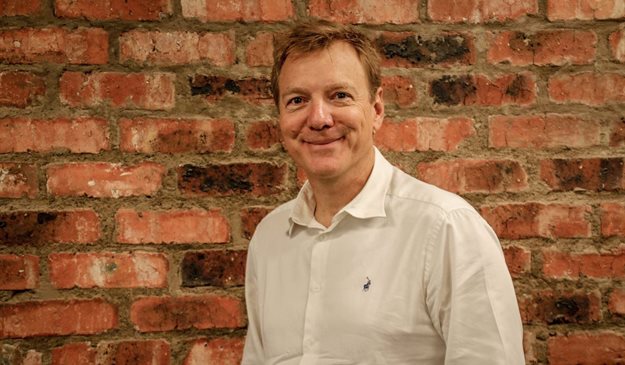
Top stories






More news





ESG & Sustainability
#Sona2026: President announces crisis committee to tackle SA's water challenges









Jan Hnizdo, CEO of Teraco, says that the grant will help to facilitate the changing landscape of education in South Africa. Digital infrastructure initiatives, including remote learning and educational streaming will become more efficient and easier to implement.
Saben is a non-profit company serving the public Technical and Vocational Education and Training (TVET) sector in South Africa. It is purpose-built to solve the digital requirements of this sector. Hnizdo says that the Teraco Connect Foundation grant will not only enable these educational institutions to access content directly and grow their collective digital strategy, but will also assist in laying essential foundations for future digital remote learning strategies: “To enable digital transformation, Saben’s need for direct access to a rich ecosystem of content and cloud providers can be realised, enabling efficient connections to education cloud services, streaming, and remote learning possibilities.”
Technically, the grant provides Saben with a physical presence in Teraco data centres located in Durban, Cape Town and Johannesburg, and gives colleges direct network access to Platform Teraco, where the institutions will benefit from highly secure and direct interconnection to Africa’s largest digital ecosystem. Platform Teraco allows for the configuration of scalable interconnections to all the major cloud onramps, 250 network providers (including carriers, terrestrial fibre, satellite connectivity and submarine cables), 50 global content providers, 130 IT service providers, 130 enterprises and financial services providers and access to several Internet eXchange Points (IXPs) at NAPAfrica and INX.
Garth Scholtz, Saben general manager, says there has been a renewed focus on post-school education, in particular the TVETs, which over the past three years has also become an increasing priority for Government: “It is thus vital for Saben to do all we can to support all endeavours and to put systems and structures in place to level the playing field for all South Africans. Collaboration with industry is key, and the grant from Teraco will greatly assist us in meeting the evolving digital requirements of all the institutions.”
He says that South Africa’s skills shortage cannot be addressed unless our education system produces a labour force with the right skills to meet the industry’s demand. Additionally, Scholtz believes that poverty and inequality can never be genuinely eliminated unless the next generation of previously disadvantaged citizens are economically empowered: “It is here that the role of all of these educational institutions will play a significant role and as Saben, we need to ensure that this journey is not only just supported but enabled.”